Tomato Fenda F1, seeds Klaus Profi Large packing 250pcs
$85.5
Tomato Fenda F1, seeds Klaus Profi Large packing 250pcs
250 in stock
Ripe fruits are fleshy, round, symmetrical, with smooth edges, equal in size, have a uniform pink color, without a greenish spot. The average weight of a tomato is 200 g. It is sweet and sugary and has excellent taste characteristics. Hybrid Fend F1 has dense walls, its distinctive feature is resistance to mechanical stress and cracking. It perfectly withstands long-distance transportation without damage to the fruit. The plant has a developed, powerful root and strong stems with short internodes. The first brush is laid on the fifth sheet. The wide and dense leaf plate provides additional, foliar nutrition. The growing season is 70 days. On each cluster, 5-6 large, high-quality fruits are formed. With a stem length of 2 m (maximum height), the plant lays about 10 brushes. When properly planted and grown, the hybrid demonstrates high yields. Tomato Fend F1 is resistant to nematodes, verticillus and fusarium wilt, late blight, macrosporiosis, alternaria. Seedlings are grown in greenhouses or greenhouses. Seeds are sown in warm soil to a depth of 1-2 cm, the air temperature should be 20-25 degrees. After the emergence of seedlings, the temperature is lowered to 12-15 degrees – so that the plant switches to autotrophic nutrition. After the appearance of the first leaf, the temperature is raised again to 20-25 degrees. By the time the seedlings are planted, the plants should have stems about 30 cm high and 7-9 leaves. Before planting seedlings, thorough soil preparation is necessary: chopping stubble and the remnants of previous plants, shallow peeling of the soil. Immediately before planting young plants, deep plowing of the soil with a depth of about 14 cm is performed. Before planting seedlings, it is necessary to carry out an agrochemical analysis of the soil. The presence of calcium and magnesium is especially important for tomatoes. If there is a lack of them in the soil, it is necessary to additionally apply fertilizers containing these elements: calcinite, calcium nitrate, magnesium oxide (MgO). After planting seedlings, it is necessary to regularly moisten the soil until the plants take root. It is also important to water the tomatoes well during the formation of ovaries and pouring the fruits. Various mineral fertilizers and insecticides are used to prevent diseases, control weeds and insect pests. Subject to agricultural technology, the Fenda F1 tomato demonstrates high yield and fruit quality. Before planting seedlings, it is necessary to carry out an agrochemical analysis of the soil. The presence of calcium and magnesium is especially important for tomatoes. If there is a lack of them in the soil, it is necessary to additionally apply fertilizers containing these elements: calcinite, calcium nitrate, magnesium oxide (MgO). After planting seedlings, it is necessary to regularly moisten the soil until the plants take root. It is also important to water the tomatoes well during the formation of ovaries and pouring the fruits. Various mineral fertilizers and insecticides are used to prevent diseases, control weeds and insect pests. Subject to agricultural technology, the Fenda F1 tomato demonstrates high yield and fruit quality. Before planting seedlings, it is necessary to carry out an agrochemical analysis of the soil. The presence of calcium and magnesium is especially important for tomatoes. If there is a lack of them in the soil, it is necessary to additionally apply fertilizers containing these elements: calcinite, calcium nitrate, magnesium oxide (MgO). After planting seedlings, it is necessary to regularly moisten the soil until the plants take root. It is also important to water the tomatoes well during the formation of ovaries and pouring the fruits. Various mineral fertilizers and insecticides are used to prevent diseases, control weeds and insect pests. Subject to agricultural technology, the Fenda F1 tomato demonstrates high yield and fruit quality. If there is a lack of them in the soil, it is necessary to additionally apply fertilizers containing these elements: calcinite, calcium nitrate, magnesium oxide (MgO). After planting seedlings, it is necessary to regularly moisten the soil until the plants take root. It is also important to water the tomatoes well during the formation of ovaries and pouring the fruits. Various mineral fertilizers and insecticides are used to prevent diseases, control weeds and insect pests. Subject to agricultural technology, the Fenda F1 tomato demonstrates high yield and fruit quality. If there is a lack of them in the soil, it is necessary to additionally apply fertilizers containing these elements: calcinite, calcium nitrate, magnesium oxide (MgO). After planting seedlings, it is necessary to regularly moisten the soil until the plants take root. It is also important to water the tomatoes well during the formation of ovaries and pouring the fruits. Various mineral fertilizers and insecticides are used to prevent diseases, control weeds and insect pests. Subject to agricultural technology, the Fenda F1 tomato demonstrates high yield and fruit quality. weeds and insect pests are controlled by various mineral fertilizers and insecticides. Subject to agricultural technology, the Fenda F1 tomato demonstrates high yield and fruit quality. weeds and insect pests are controlled by various mineral fertilizers and insecticides. Subject to agricultural technology, the Fenda F1 tomato demonstrates high yield and fruit quality.
| Weight | 0.020 kg |
|---|


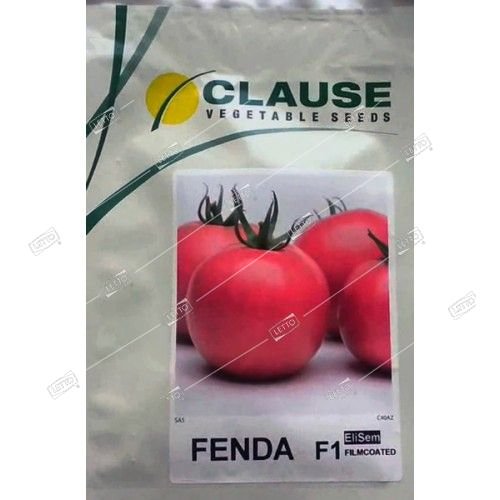

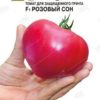
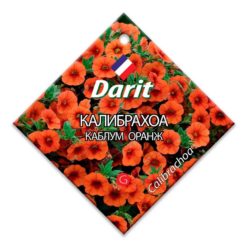


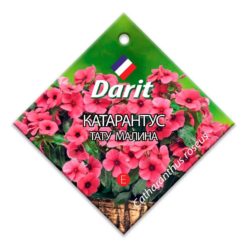
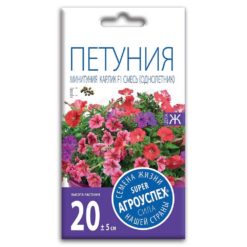
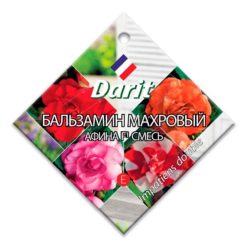
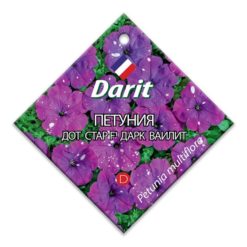
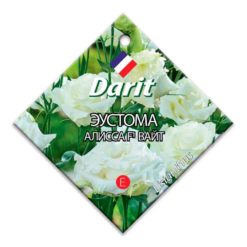
Reviews
There are no reviews yet.